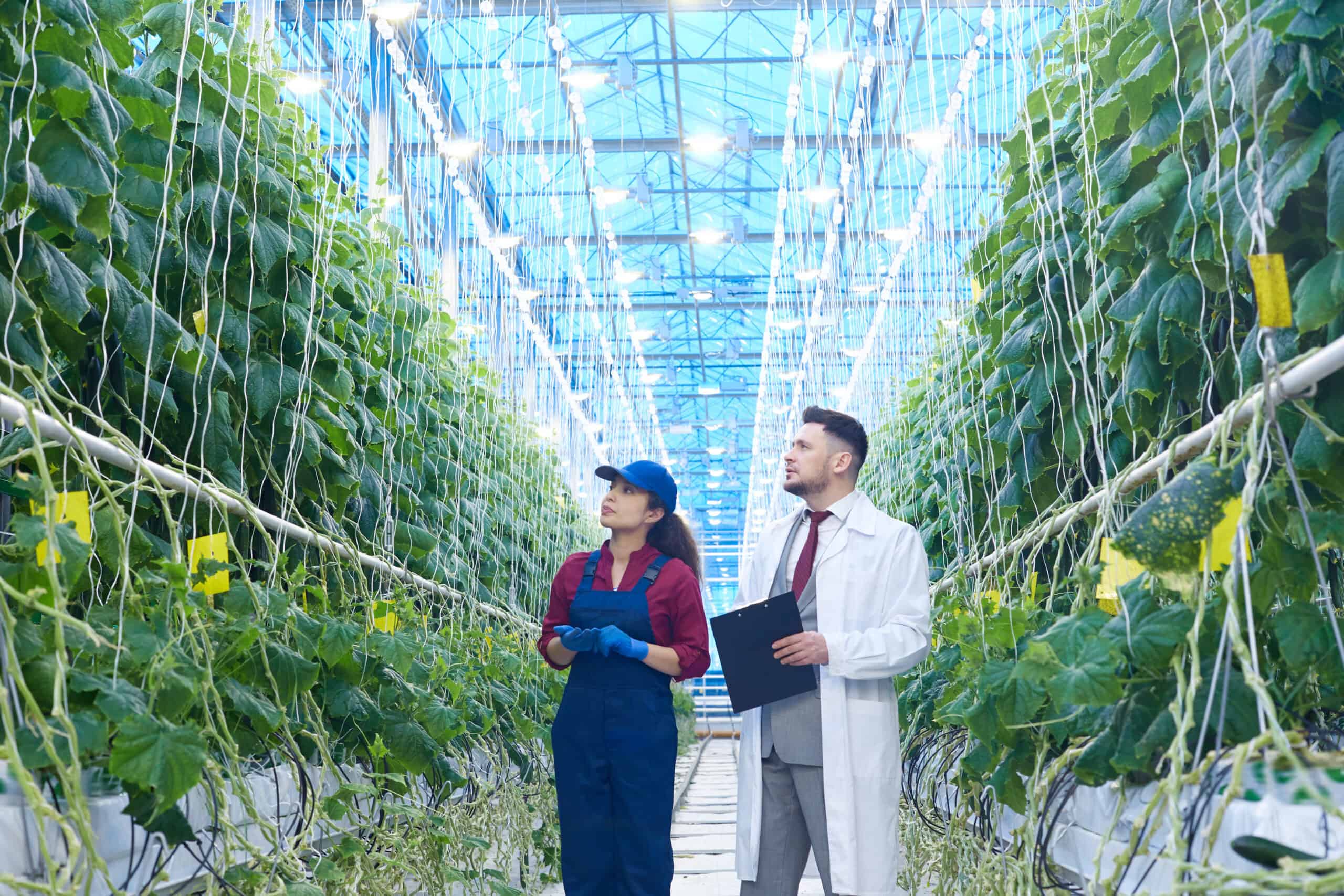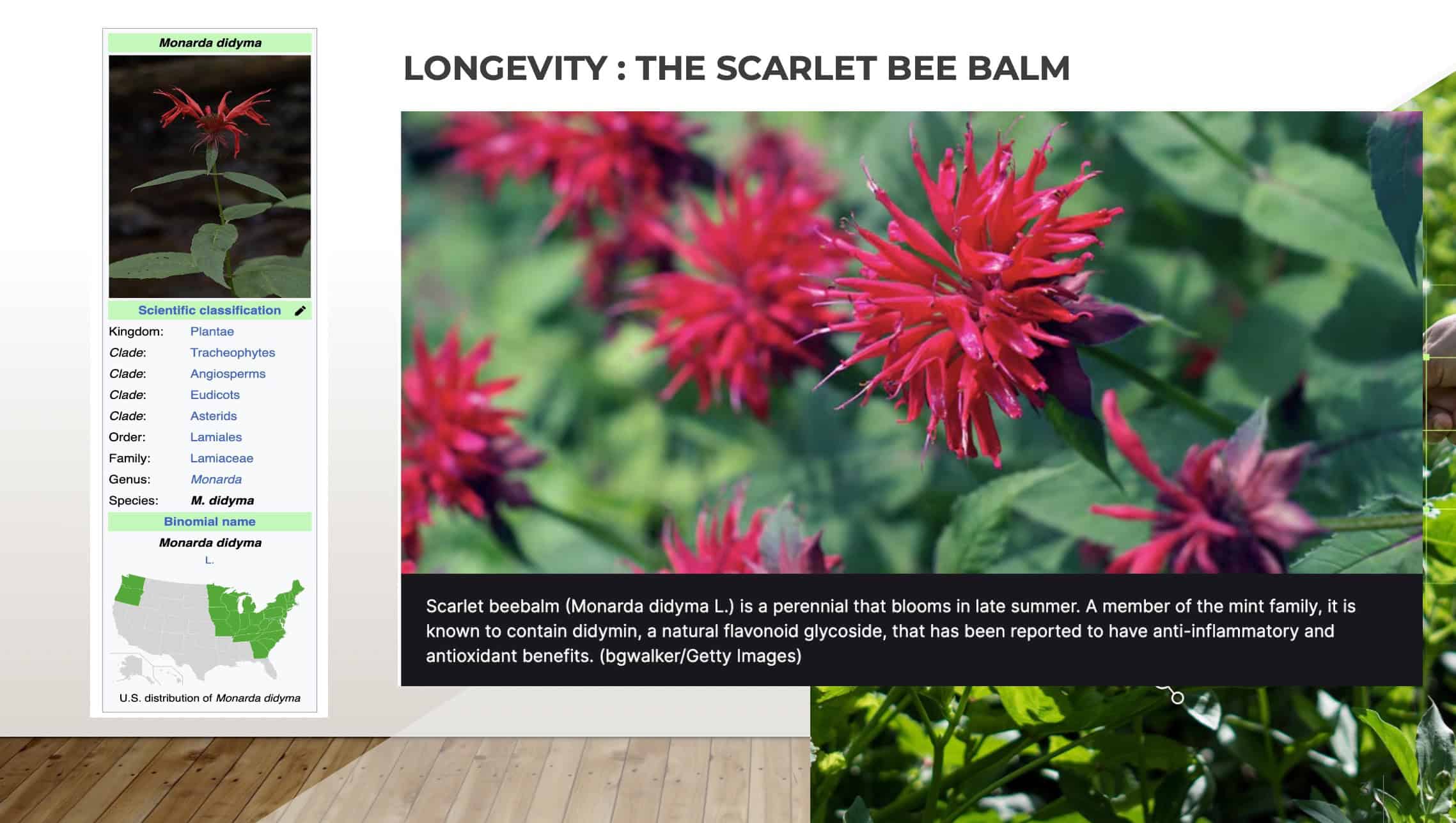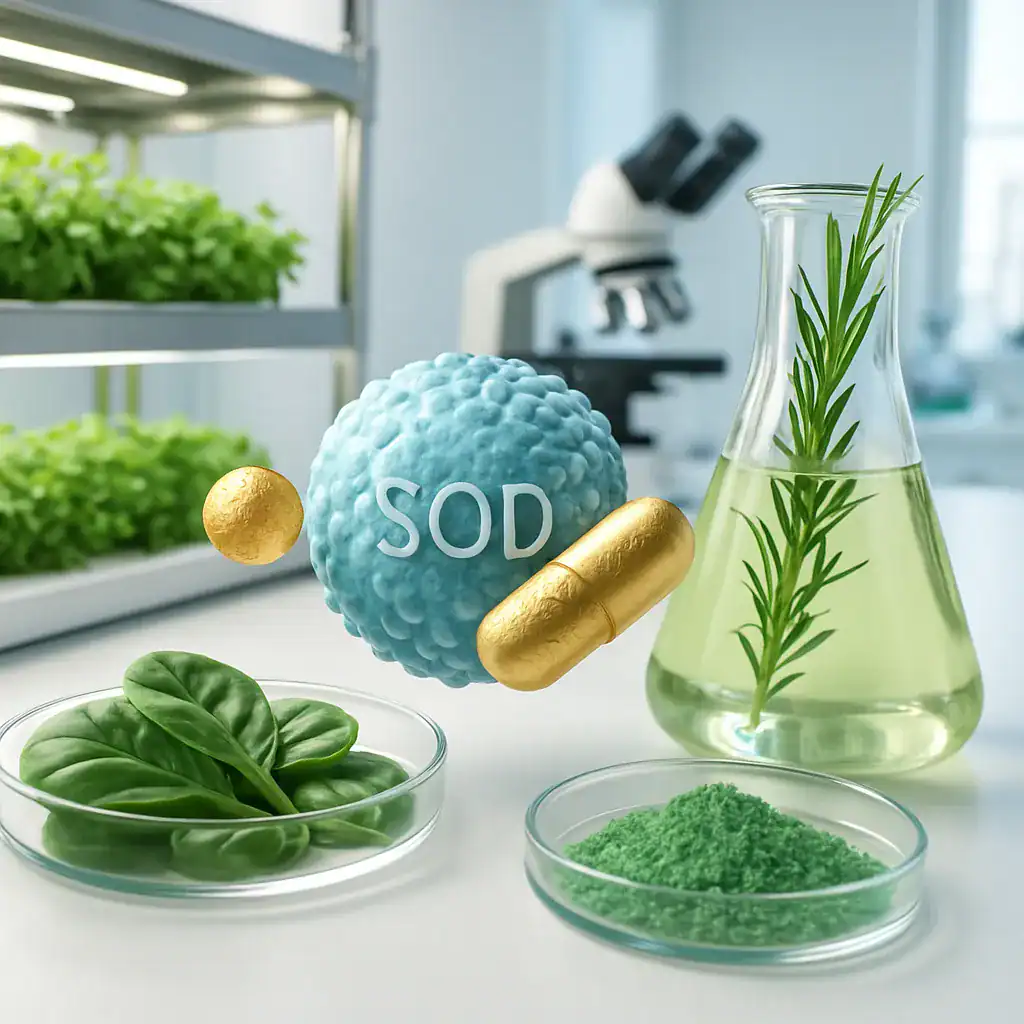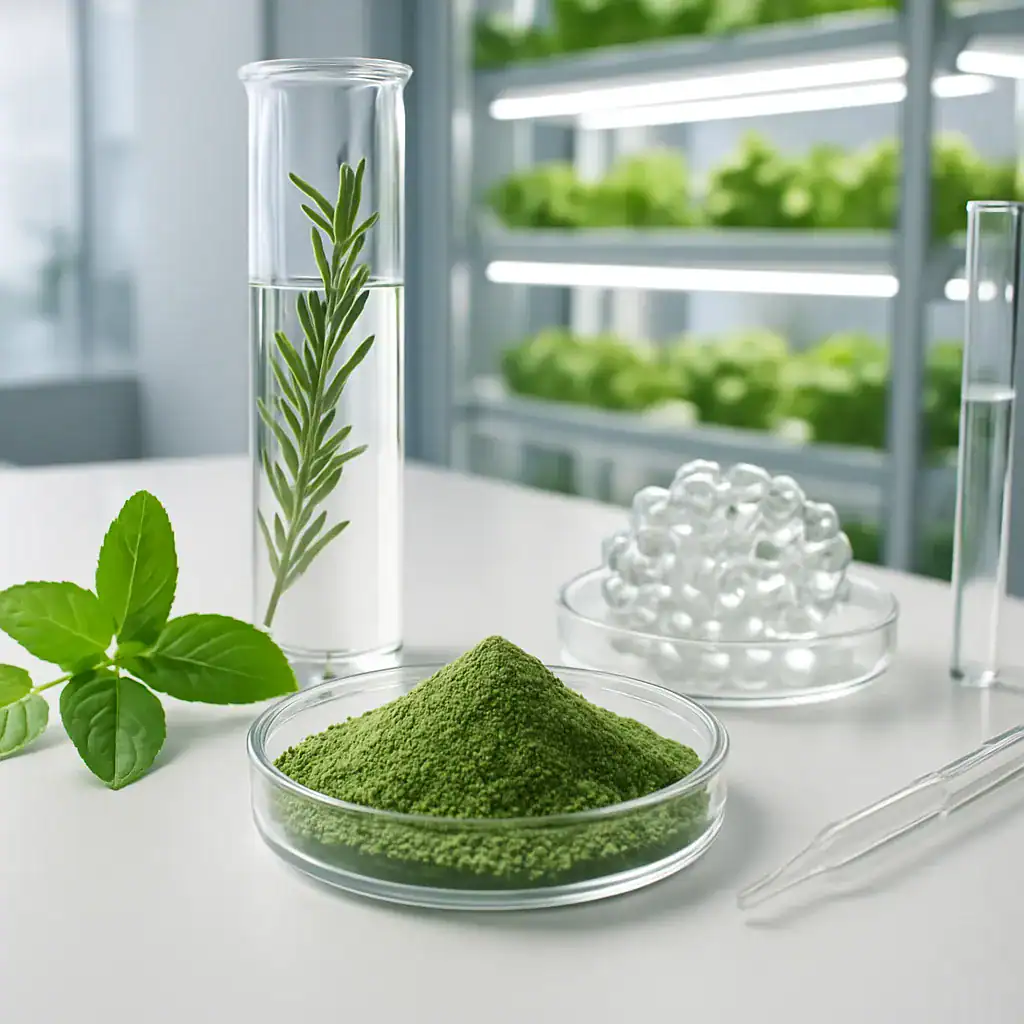The Science Behind Nickel-Free Herbal Extraction: What You Should Know
Understanding Urban Agriculture and Its Evolution
Urban agriculture represents a profound shift in how we conceptualize food production within metropolitan environments. You might think of traditional farming as something that happens far from city centers, but urban agriculture brings cultivation directly into our concrete landscapes. This innovative approach encompasses various techniques—from rooftop gardens and vertical farms to community plots and indoor hydroponic systems—all designed to maximize food production in limited urban spaces.
The significance of urban agriculture extends far beyond merely growing food. It addresses critical challenges facing modern cities: food security, environmental sustainability, and community well-being. As a nutritionist or dietitian, you’ve likely encountered clients struggling to access fresh produce in “food deserts,” those urban areas where nutritious options are scarce. Urban agriculture directly combats this problem by bringing production closer to consumption points.
But have you ever considered that urban agriculture also functions as a powerful tool for reducing carbon footprints? By minimizing transportation distances, urban farms significantly decrease the emissions associated with food distribution. Additionally, these green spaces help mitigate the urban heat island effect, improve air quality, and create biodiversity havens within otherwise barren cityscapes.
The evolution of urban agriculture has been accelerated by technological innovations and sustainable practices that allow for efficient resource use—particularly important in dense urban environments where space, water, and energy must be carefully managed.
Our Key Areas of Expertise




The Integration of Urban Agriculture with Advanced Nutraceutical Development
Vertical Farming: Revolutionizing Plant-Based Nutraceuticals
The intersection between urban agriculture innovations and nutraceutical development represents one of the most promising frontiers in modern health science. Vertical farming has emerged as a cornerstone technology that bridges these domains, allowing for year-round cultivation of high-potency botanical ingredients in controlled urban environments. You can see this revolutionary approach in action through companies like PhNóva, which harnesses vertical farming to produce premium botanicals with consistent bioactive profiles.
Unlike conventional agriculture where seasonal variations and environmental factors create unpredictable potency levels, vertical farming enables precise control over growing conditions. This means you’re getting nutraceutical ingredients with standardized concentrations of beneficial compounds every time. The temperature, humidity, light spectrum, and nutrient delivery can all be fine-tuned to maximize the expression of specific bioactive compounds in each plant.
What makes this particularly valuable for your health is the ability to cultivate rare or difficult-to-grow medicinal plants that wouldn’t normally thrive in urban environments. Plants that might only grow in specific regions of the world can now be produced locally, dramatically reducing the carbon footprint associated with importing exotic botanicals while ensuring freshness and potency.
Exosome Technology: Enhancing Bioavailability Through Urban-Grown Sources
One of the most significant challenges in nutraceutical efficacy has always been bioavailability—how efficiently your body can absorb and utilize the beneficial compounds. This is where plant-derived exosomes enter the picture, representing a remarkable convergence of urban agriculture and advanced delivery systems.
Plants grown in urban vertical farms can be specifically cultivated to maximize their exosome production. These natural nanovesicles serve as perfect delivery vehicles for bioactive compounds, dramatically improving their absorption and targeted action within your body. The controlled environment of urban agriculture allows for optimization of growing conditions that enhance exosome quality and quantity.
Benefits of urban-sourced exosomes include:
- Higher stability and longer shelf-life than conventional extracts
- Enhanced penetration across biological barriers
- Targeted delivery to specific tissues
- Reduced degradation in the digestive system
- Lower effective doses needed for therapeutic effects
Sustainable Resource Management: Circular Systems for Nutraceutical Production
Urban agriculture creates opportunities for closed-loop systems that minimize waste while maximizing the nutritional and therapeutic value of cultivated plants. When integrated with nutraceutical production, these systems exemplify sustainability in action.
For instance, water used in hydroponic or aeroponic systems can be recycled after capturing valuable micronutrients, while plant material not used for primary extraction can undergo secondary processing to harvest different compounds. This approach ensures that virtually every part of the plant contributes to the final product portfolio, dramatically reducing waste.
Community Health Integration: From Urban Farms to Local Wellness
The proximity of urban farms to population centers creates unique opportunities for fresh bioactive compounds to reach consumers quickly, preserving their potency. This farm-to-formulation pipeline ensures that the nutraceuticals you consume contain ingredients at their peak effectiveness.
Moreover, urban agriculture initiatives often incorporate educational components that help community members understand the connection between the plants being grown and their health benefits. This knowledge transfer empowers you to make more informed choices about incorporating plant-based wellness solutions into your daily routine.
Superoxide Dismutase: A Case Study in Urban Agriculture’s Health Impact
Superoxide dismutase (SOD) represents a perfect example of how urban agriculture can elevate nutraceutical quality. This powerful enzyme, crucial for neutralizing oxidative stress in your body, can be cultivated in controlled urban environments to maximize its activity levels.
Plants grown specifically for SOD production benefit tremendously from the precise environmental control that vertical farming provides. By manipulating light exposure, temperature fluctuations, and even introducing controlled levels of stress factors, urban agricultural systems can stimulate plants to produce significantly higher concentrations of this protective enzyme.
The resulting SOD extracts offer superior protection for your:
- Cardiovascular system by reducing inflammation and oxidative damage
- Joint health through modulation of inflammatory pathways
- Skin integrity by neutralizing UV-induced free radicals
- Cellular function and longevity by mitigating accumulated oxidative stress
Technological Convergence: Smart Systems Enhancing Nutraceutical Efficacy
The integration of smart monitoring systems within urban agriculture operations allows for unprecedented quality control in nutraceutical ingredient production. IoT sensors continuously track growing conditions and plant responses, while AI algorithms analyze this data to optimize cultivation parameters for maximum bioactive compound expression.
This technological convergence ensures that the plants harvested for nutraceutical production contain precisely the right profile of beneficial compounds. For you, this translates to products with consistent efficacy and reliable health benefits—a significant advancement over traditional botanical ingredients, which can vary dramatically in their therapeutic potency.
R&D Consultancy
Discover how PhNóva’s R&D Consultancy can help transform your idea into a market-ready solution — with expert support in formulation, regulatory compliance, and innovative delivery systems to give your product a competitive edge.
FAQ's about The Science Behind Nickel-Free Herbal Extraction: What You Should Know
Get in Touch with PhNóva
Have questions or need expert guidance? Contact us today — our team is ready to assist you with tailored solutions for your formulations.

29/03/2025






